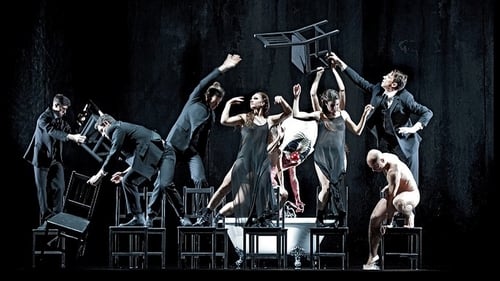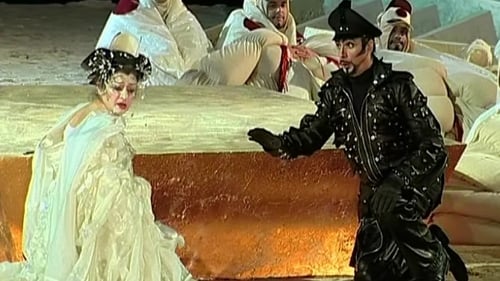
Conspiracies and regattas form the backdrop to the fortunes of a young singer. Harassed by a heartless spy, she sacrifices everything to save the man she loves and the woman he prefers over her. Ponchielli based his flamboyant opera on Victor Hugo’s play Angelo, tyrant of Padua. An expert on Hugo, director Olivier Py offers us a dream-like version of this dark Romantic tragedy, presided over by sex and death. Paolo Carignani conducts an exceptional cast in the six demanding main roles.

A famous singer lives only for art and love. When she is caught in a web of politics, corruption, lies and lust, she is forced to make a terrible choice. Tosca is a timeless opera that features fundamental archetypes of the human condition: ruthless power grabbers, idealist revolutionaries and strong women ready to sacrifice it all. These characters truly come alive at the Teatro dell'Opera di Roma, the natural home of Puccini's masterpiece.

The registrar
Japan, early twentieth century. U.S. Navy Lieutenant B.F. Pinkerton inspects the house he has leased from a marriage broker. The broker, Goro, has procured him three servants and a geisha wife, Cio-Cio-San, known as Madama Butterfly. He is enchanted with the fragile Cio-Cio-San. Cio-Cio-San is heard in the distance joyously singing of her wedding. In a quiet moment, Cio-Cio-San shows her bridegroom her few earthly treasures and tells him of her intention to embrace his Christian faith. The Imperial Commissioner performs the wedding ceremony, and the guests toast the couple. The celebration is interrupted by Cio-Cio-San's uncle, a Buddhist priest, who bursts in, cursing the girl for having renounced her ancestors' religion. Alone with Cio-Cio-San in the moonlit garden, her husband dries her tears, and she joins him in singing of their love.


